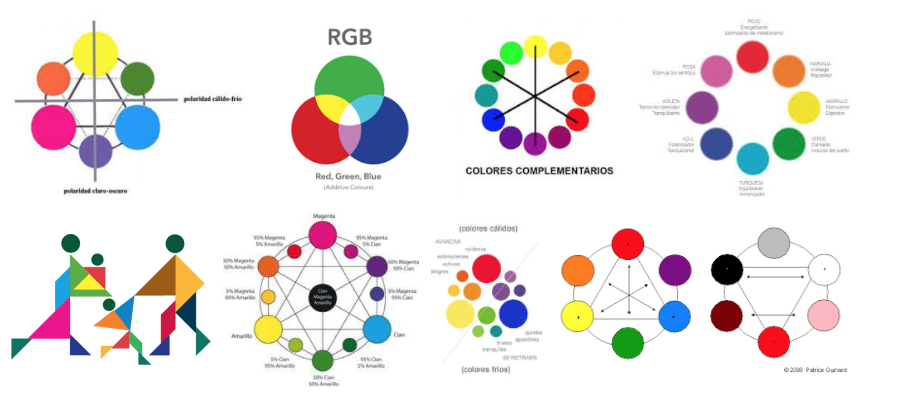Reasonable Fresh Farming between Africans and Chinese.
African visionaries to Chinese and American Farmers.
Reasonable agro business? Well, the reasonable always will depend of the agro matter, in any case, ecological and technological agro business don’t have to be the opposite but the complementary to reasonable fresh agro products, right?
Any idea about this?
Are you an expert in some matter about agro business?
We can make money together: we need your talent to build BCB (beneficial circuit business) between China and USA towards Africa, inside our system, contact us here info@sylodium.com
Some recent agro 4.0 news
1 Freight Farms. They take discarded shipping containers and turn them into working farms.
2 Once it grew only sugar and was heavy handed with fertilizers and pesticides, now Cuba is in the grip of a small-scale organic farming revolution? What about Africa?
3 One of the UK’s leading fresh produce companies could grow more crops on its farms in countries which are remaining in the EU
G’s Fresh already has farms in several EU countries Poland, Czechia and Spain and in Africa, so it can provide crops to its supermarket customers 12 months a year.
bus today with UK out of EU as G’s Fresh marketing director Anthony Gardiner told: “If we cannot access seasonal workers we would have to increase production overseas, is that to say, more in African countries"
4 Aquaponics market Investments in commercial large scale aquaponics projects are increasing widely due to a booming organic food market and growing urban farming. Aquaponics market is relatively fragmented with the presence of few players
but can be segmented as by components, by equipment, by end users, by produce, and by regions.
5 Farm-fresh, 100 per cent organic pomelo fruit, from Kerala to the UAE, in just one day. But via our Agroships patent, this could be even better.
6 According to the Kenya National Bureau of Statistics, fresh fish, chilled and frozen fish top the list of Chinese imports targeting Kenyan consumers. Nairobi also took in large amounts of smoked fish, dried and salted fish from the Asian country.

Job opportunities for manage your African country about reasonable farming 4.0 in relationship with China and USA.
You can build your own niches inside sylodium’s system as China – Africa hydroponics, USA – Africa aeroponics, Guangdong – West Africa fresh veggies APPS, California – Nigeria fresh farming, Hong Kong – South Africa reasonable farming, Shenzhen – East Africa agro 4.0, New York - North Africa FIR agro trade.
Opinion: We can make agricultural work attractive for Africa's youth. Here's how.
In Nigeria, for example, Angel Adelaja, has built a successful vertical farming business and is supplying fresh vegetables to homes, hotels, businesses, and restaurants in Abuja. Jehiel Oliver in Nigeria is also making a career out of agriculture through his company Hello Tractor. Known as Africa’s Uber for farmers, his company makes it possible for farmers to rent out smart tractors to use on their farmlands to increase yields.
Indeed, more success stories of young people making a career out of agriculture have been documented in many other African countries including Burundi, Cameroon, Ghana, and Senegal. The success of many of these young entrepreneurs is definitely changing the negative stereotypes associated with agriculture and positively reinforcing the message that young people can succeed and make a living out of agriculture.

To build thriving agribusiness, African youth need to tap into these new technologies and digital tools. Thus, there is a market for innovation centers, vocational training centers and other institutions that are set up to train, support and meet the needs of African agripreneurs.
Secondly, incubation centers that incubate agriculture-focused youth ideas must be launched, and the existing ones need to continue to be funded. The African Development Bank and the International Institute of Tropical Agriculture are already in the frontline and their efforts must be applauded. For the next five years, under the ENABLE youth programs, and in several African countries, including Nigeria, Cameroon and Kenya, IITA Youth Agripreneur Initiative is expected to lead and administer 16 Youth Agribusiness Incubation Centers and train 1536 agripreneurs. This incubation centers supported by AfDB aim to help African youth to sharpen their ideas and further develop their management and entrepreneurial skills. At the end of the program, the youth are expected to develop business plans that enable them to access the finances they need to roll out their agribusinesses.
In 2017, AfDB, IITA, the Technical Centre for Agricultural and Rural Cooperation, the Africa Agribusiness Incubation Network and Africa 2.0 organized the first ever African Youth Agripreneurs forum in Nigeria.
For the last three years, the Tony Elumelu foundation has held yearly meetings, bringing together young African entrepreneurs including those pursuing agribusiness ventures. Such meetings should continue to be funded.
Making agriculture attractive and an easy sell to youth should continue to be among the top priorities for African countries and stakeholders in the agriculture value chain. The time to encourage many more young people to pursue agriculture as a career is now.

